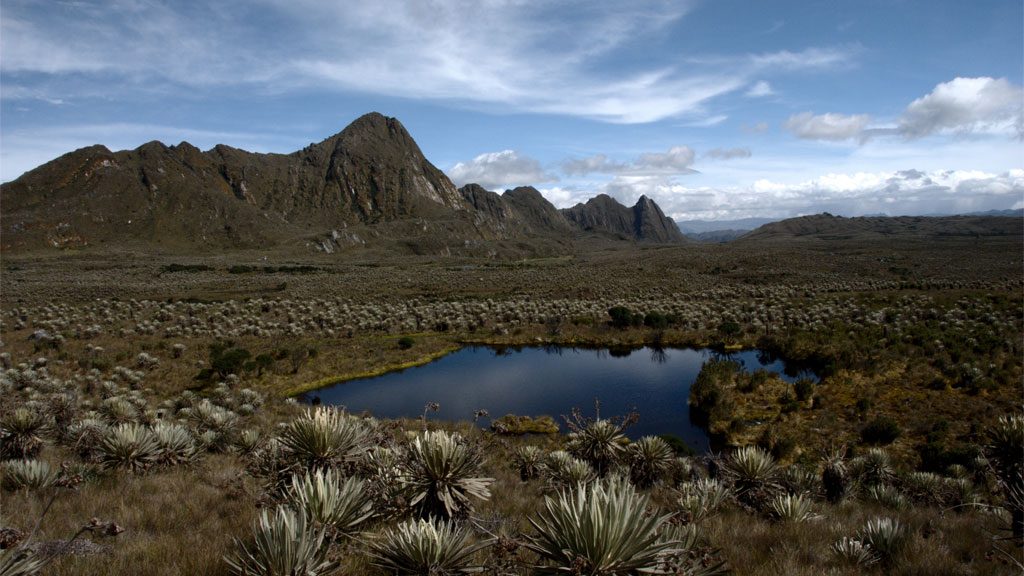Concerns over the legality of mining and fracking returned to Colombia’s Senate, as several Senators proposed that certain environmental reserves be protected from exploitation or exploration.
Human rights activist and Senator Ivan Cepeda (Democratic Pole) warned of the risks of reviving the debate over exploiting minerals and digging for petroleum in Colombian wetlands, which were in fact prohibited in the National Development Plan (PND) in 2010.
The prohibition of such operations were considered an environmental priority in the PND, but it was subsequently amended to allow for the private sector companies to maintain contracts signed before 2010 for mineral exploration, and before 2011 for oil digging.
Additionally, fracking, which is a particularly controversial form of oil exploration, was approved last year, as the oil reserves are predicted to run out within the next five to six years.
“I speak in reference to a proposition made by me and my fellow congressmen to eliminate the first paragraph of Article 170, which permits the exploitation of our country’s wetlands. Upon reconciling late last night, the Ministry of Mining and the Ministry of Finance opposed the continuation of this paragraph of the National Plan, which would permit us to continue exploiting minerals in ecological sanctuaries and water sources,” Cepeda said.
Senators Oscar Mauricio Lizcano and Ernesto Macias Tovar vehemently backed Cepeda’s stance on the preservation of Colombian moors and wetlands. The proposal made this week would eliminate all exploitation or exploration for any and all companies, including those who had signed contracts before 2010-11.
The debate revived due to economic concerns, since Colombia technically cannot afford to stop fracking, state-run oil company Ecopetrol has said.
Can Colombia afford to stop fracking faced with plummeting oil revenue?
The primary concern behind fracking is rooted in a suspicion that fracking increases the likelihood and severity of tremors.
A 6.6 earthquake hit the Colombian capital, Bogota, in March, which was much larger and lasted much longer than what Colombians are used to. In 1999, a 6.2 magnitude earthquake, several points smaller than the one in March of this year, left at least 1,200 dead and 4,000 missing in the aftermath.
US fracking debate spills over into Colombia amid earthquake concerns
According to an Oklahoma Geological study on north central Mexico, there is “a strong relationship between increased seismic activity…and the large amounts of waste water from underground injection fluid pressure on the rock for oil and gas.”
Minister of Mines and Energy, Tomas Gonzales, reportedly tried to dispel the association between fracking and earthquakes, saying that there is nothing to fear as long as provisions are taken, such as the slow injection of water, according to newspaper El Colombiano.
Sources
Quedará prohibida toda explotación minera y petrolera en los páramos del país
Denuncian que PND sigue permitiendo explotación minera en páramos y humedales


